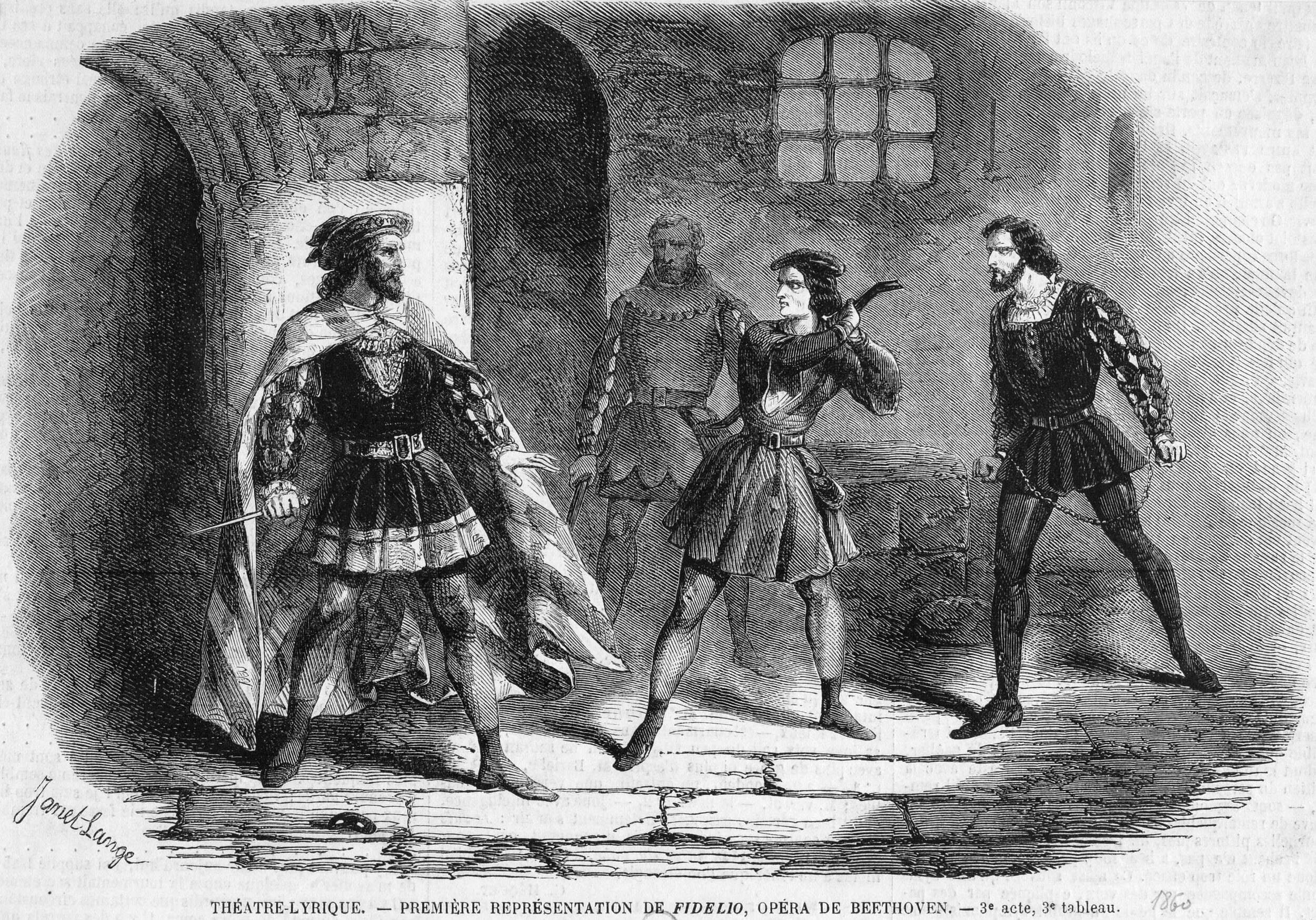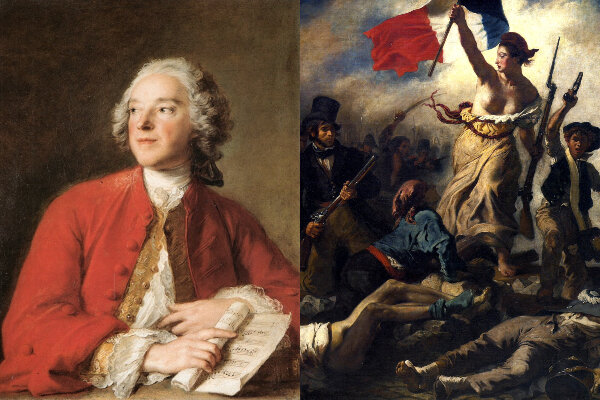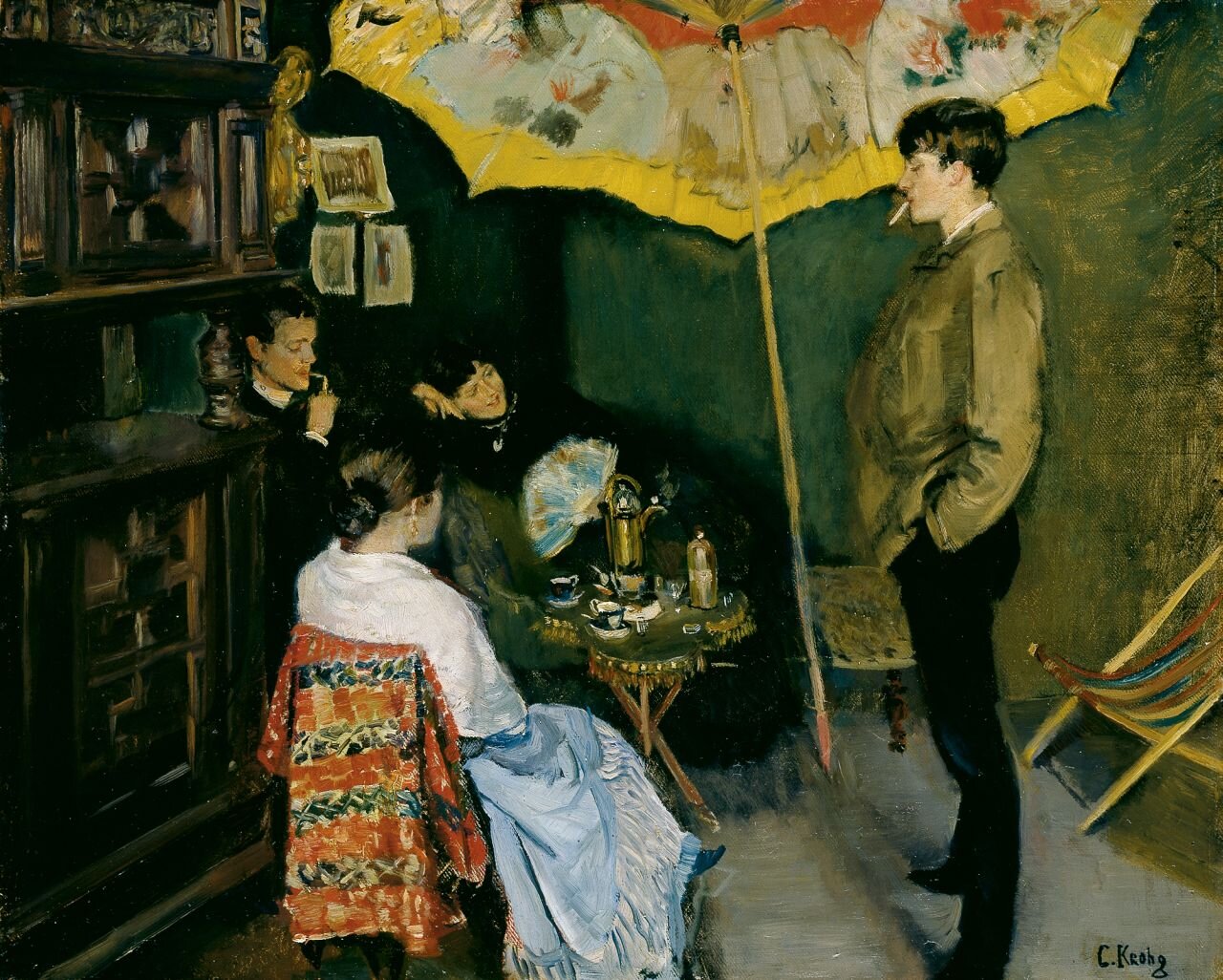DESCRIPTION
In this new podcast series, Artistic Director/Conductor Antony Walker and others will look at the world and history of opera from different and unique perspectives.
EPISODES
Episode One: Messages of hope and unification in opera
In episode one, WCO Artistic Director and Conductor, Maestro Antony Walker, discusses various operas that contain messages of hope and unification that were written during times of struggle. Featuring excerpts from Beethoven's Leonore; Rossini's Guillaume Tell; Verdi's Nabucco, Janáček's The Cunning Little Vixen and Jenufa; and Strauss' Der Rosenkavalier.
Episode Two: Beaumarchais, Mozart, and the Revolutions of France and America
In this second episode, Maestro Antony Walker pays homage to Independence Day (July 4) and Bastille Day (July 14) through the lens of the most influential playwright on Mozart's career, Beaumarchais. We hope you will enjoy some little-known stories of his influence on the composer and his surprising connections to the revolutionary movements of the 18th century. Featuring excerpts from Mozart's Le nozze di Figaro and 12 Variations on “Je suis Lindor” KV 354 (299a) part 1; and Rossini's Le barbier de Séville (Il barbiere di Siviglia).
Episode Three: Operatic Doppelgängers, Part One
When you think of operatic titles such as Tosca or Carmen, you probably think of specific works by specific composers -- in these cases, Puccini and Bizet, respectively. But can you think of other works featuring the same stories that are written by different composers? How about multiple composers? You may have in mind the legend of Orpheus, and rightly so, with its over 70 operatic adaptations spanning from the 1600's to the present day. Sometimes, these less well known works are just as fascinating and beautiful as the more popular versions, and in Part One of Maestro Antony Walker's exploration of "operatic doppelgängers," as he likes to call them, he discusses such works as Leoncavallo's La bohème, Veracini's Adriano in Siria, and Paisiello's Il barbiere di Siviglia, as well as Busoni's settings of the Turandot and Faust stories.




